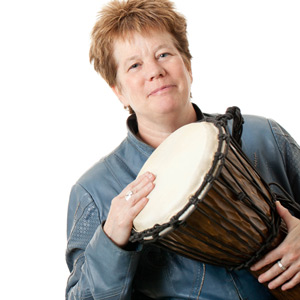Feminist Music Therapists in North America: Their Lives and Their Practices
DOI:
https://doi.org/10.15845/voices.v15i2.812Keywords:
feminist music therapists, profiles, professional identity, lives, practices, Canada & the United States of America, survey researchAbstract
This survey study investigated the lives and practices of those in North America who self-identify as feminist music therapists. Earlier reports from this survey studied: 1) the experiences of music therapists, with a comparison of men, women, and their 1990 counterparts (Curtis, 2013d); 2) the experiences of music therapists who self-identify as community music therapists (Curtis, 2015); and 3) the experiences of music therapists in Canada as they compare with their U.S. counterparts (Curtis, in press, a). This current and final report explored the experiences of those in Canada and the United States who self-identify as feminist music therapists (50 from the 682 respondents). Areas of similarities and differences were noted between feminist music therapy respondents, Community Music Therapy respondents, and survey respondents as a whole. Similarities existed in terms of: age; gender (predominantly female) and ethnicity makeup (predominantly Caucasian); career satisfaction; and degree and nature of concerns in their lives. Differences existed in that: 1) greater numbers of feminist music therapy respondents worked in academic settings and had higher levels of education; 2) more feminist music therapists felt there was an impact of sex discrimination in peoples’ lives than did the community music therapists, or survey respondents as a whole (98%, 68.5%, and 67% respectively); 3) more feminist music therapy respondents held concerns about discrimination across many other intersections such as race/ethnicity and sexual orientation (98%, 74%, and 76% respectively); and 4) significantly more in Canada self-identified as feminist music therapists than did their U.S. counterparts. Qualitative analysis of respondents’ thoughts on feminist music therapy identified the following themes: being a feminist, belief and orientation, and working for empowerment and equality. The potential contribution that feminist music therapy offers the music therapy profession as a whole was highlighted in terms of its understanding of the impact of multiple sources of marginalization and privilege. This potential contribution could be enhanced through future research into the profiles of feminist music therapists living in other parts of the world.

Downloads
Published
How to Cite
Issue
Section
License
Articles published prior to 2019 are subject to the following license, see: https://voices.no/index.php/voices/copyright

